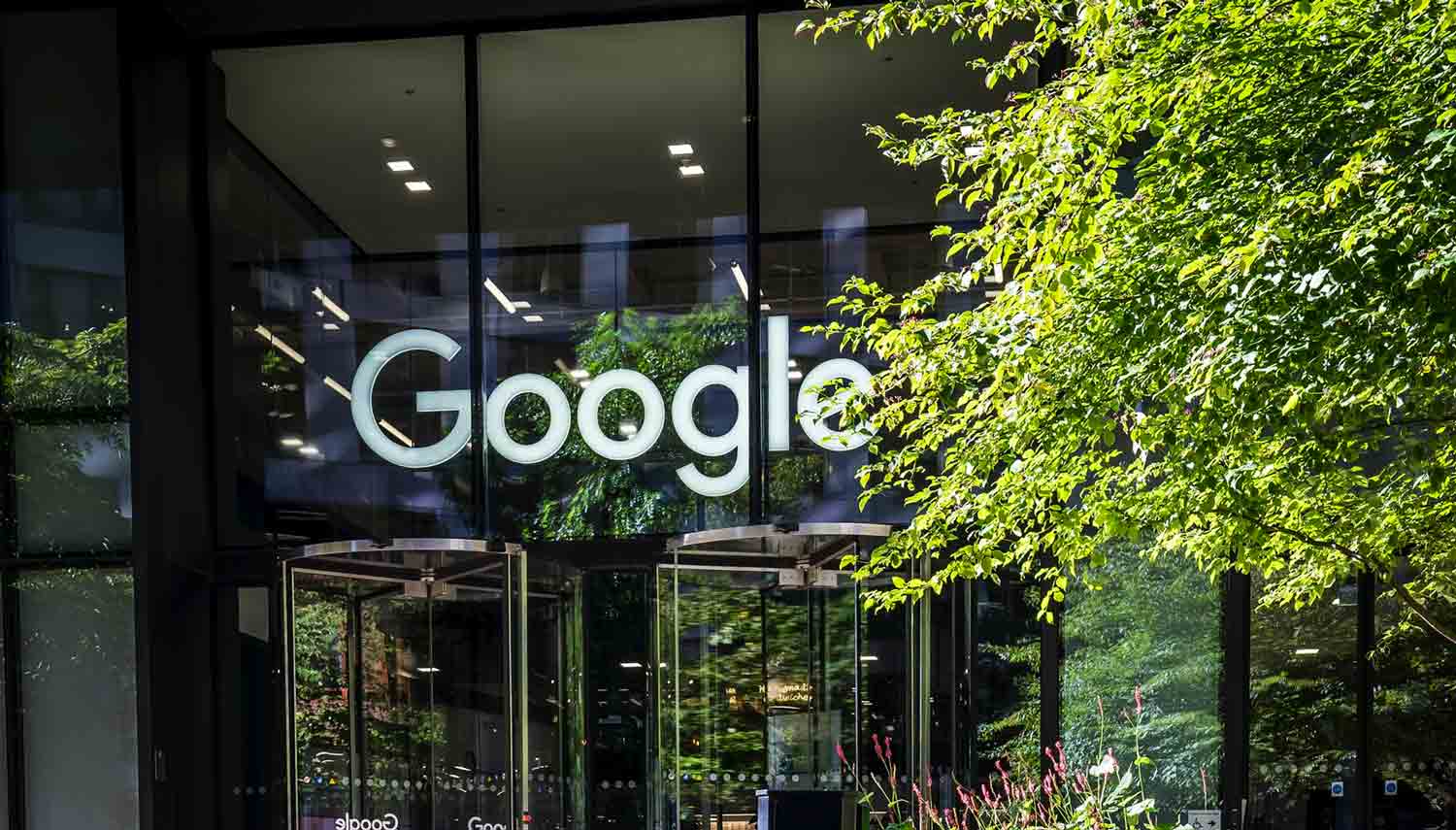

Search engine optimization (SEO) is a crucial component of any successful online business. It involves optimizing a website to achieve a higher ranking in search engine result pages (SERPs) to gain an influx of organic traffic. As SEO is a constantly evolving field, it’s essential to stay current with the latest best practices and make sure that your website is secure and optimized for success.
This guide will provide an overview of crucial SEO practices that need to be implemented to ensure the security and optimization of your website. The topics covered in this guide include keyword research, content optimization, link building, and technical SEO.
Keyword Research
Keyword research involves identifying the most relevant and popular keywords related to your website’s content. Through keyword research, you can determine which keywords to target with your content and optimize for higher ranking in SERPs.
An important consideration when conducting keyword research is to understand the search intent of the user. Knowing what a user is searching for when they type in a particular keyword is vital. For instance, if someone searches for “best SEO practices,” they are most likely looking for information about the best practices for implementing SEO.
After identifying the most relevant and popular keywords related to your website’s content, you can start optimizing your content for the identified keywords. This involves using the keywords in your content’s title, headings, and body.
Content Optimization
Content optimization involves improving your website’s content to rank higher in SERPs. This includes optimizing the title, headings, and body of your content for the keywords identified in your keyword research.
When optimizing your content, it’s crucial to ensure that it’s well-written, informative, and engaging. This means using clear and concise language, providing useful information, and incorporating visuals such as images and videos for an improved user experience.
Apart from optimizing your content for keywords, it’s also important to optimize it for user experience. This involves ensuring that your content is easy to read and navigate and that it’s optimized for mobile devices.
Link Building
Link building entails acquiring links to your website from other reputable sites. It’s a vital part of SEO because it improves the authority and visibility of your website in SERPs.
When building links, it’s crucial to focus on quality over quantity. This means acquiring links from relevant and trustworthy websites while making sure that the links acquired are natural and not spammy.
In addition to building links, it’s also vital to regularly monitor and manage your link profile. This involves regularly checking for broken links and disavowing low-quality or spammy ones.
Technical SEO
Technical SEO is the process of optimizing the technical aspects of your website to make it SEO-friendly. It involves ensuring that your website is fast, mobile-friendly, and secure.
To optimize your website’s speed, you need to make sure that it loads quickly and efficiently. This can be achieved by optimizing images, minimizing code, and using a content delivery network (CDN).
To optimize your website for mobile devices, you need to ensure that it’s responsive and that all content is optimized for mobile devices. This involves optimizing images for mobile devices and ensuring that all text is legible.
Finally, you need to ensure that your website is secure by using an SSL certificate and securing all passwords.
Conclusion
SEO is essential for any online business to succeed. Implementing the best practices described in this guide will help to ensure that your website is secure and optimized for success. These practices include keyword research, content optimization, link building, and technical SEO. By following these practices, you can improve the ranking of your website in SERPs and, ultimately, increase organic traffic.
Related Posts




